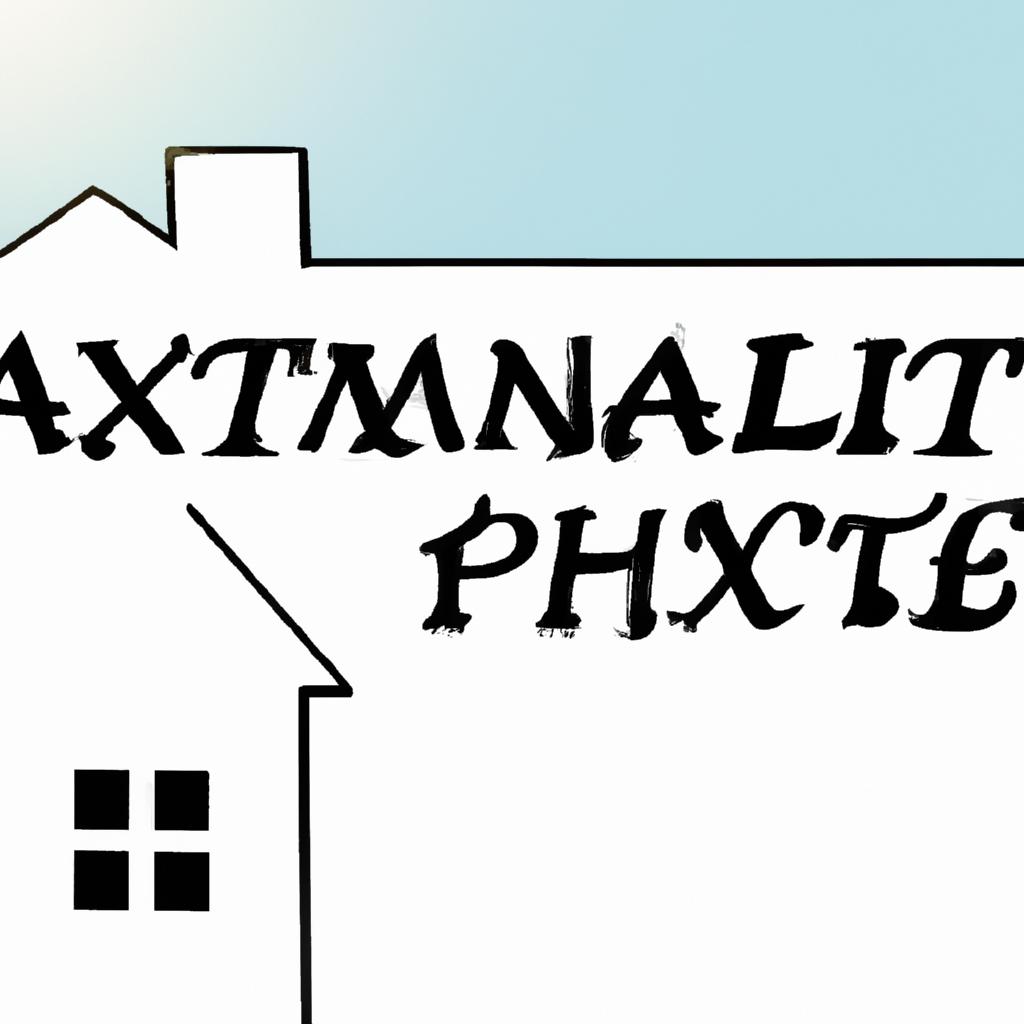As experienced estate planning attorneys at Morgan Legal Group in New York City, we are frequently consulted by clients seeking innovative solutions to minimize their tax liabilities and protect their assets for future generations. One common question we encounter is whether transferring ownership of a house to their children is advisable in order to avoid inheritance tax. In this article, we will delve into the implications and considerations involved in such a decision, providing insights and guidance based on our expertise in wills, trusts, and estate planning strategies.

Understanding the implications of transferring your house to your children
Transferring your house to your children can have significant implications, especially when it comes to inheritance tax. While it may seem like a simple solution to avoid tax liabilities, there are important factors to consider before making this decision.
First and foremost, it’s crucial to understand that transferring your house to your children is considered a gift under the law. This means that you may be subject to gift tax if the value of the property exceeds the annual exclusion limit. Additionally, once the house is in your children’s names, you may lose control over the property and could face potential legal challenges in the future. It’s important to weigh the pros and cons carefully and consult with an experienced estate planning attorney to discuss the best options for your individual circumstances.

Evaluating the potential tax consequences of putting your house in your children’s name
When considering transferring your house to your children to potentially avoid inheritance tax, it’s crucial to evaluate the potential tax consequences thoroughly. While transferring property may seem like a simple solution, it could lead to unintended tax liabilities if not done strategically.
Here are some key factors to consider:
- Gift Tax: Transferring your house to your children could trigger gift tax consequences if the value of the property exceeds the annual exclusion limit.
- Capital Gains Tax: Your children may inherit your original purchase price for the house, potentially resulting in higher capital gains tax liability if they sell the property in the future.

Exploring alternative estate planning strategies to minimize inheritance tax implications
When it comes to estate planning, exploring alternative strategies to minimize inheritance tax implications is crucial. One common question that often arises is whether putting your house in your children’s name can help avoid inheritance tax. While this may seem like a straightforward solution, there are several important factors to consider before making such a decision.
It’s important to understand that transferring your house to your children’s name can have both benefits and drawbacks. Some key points to consider include:
- Benefit: By transferring ownership of your house to your children, you may be able to reduce the value of your estate, thereby potentially lowering inheritance tax liability.
- Drawback: There could be gift tax implications associated with transferring ownership of your house to your children, depending on the value of the property and the estate planning laws in your state.
Can I Put My House in My Children’s Name to Avoid Inheritance Tax?
As we get older and start to think about our legacy, one concern that often comes up is inheritance tax. No one wants their hard-earned assets to be heavily taxed and potentially diminish the financial benefit for their loved ones. One common strategy that people consider is transferring their house to their children’s names to avoid inheritance tax. However, this is not as straightforward as it may seem. In this article, we will discuss the feasibility and potential benefits and drawbacks of putting your house in your children’s name to avoid inheritance tax.
Is It Legal to Put My House in My Children’s Name?
The simple answer is yes; it is legal to transfer your house to your children’s names. However, there are some considerations to keep in mind to ensure the legality of the transfer and to avoid any unintended consequences.
Firstly, the transfer must be a genuine gift. This means that you cannot transfer the ownership of your house to your children and still continue to live in it without paying rent. The transfer must be unconditional, and you must relinquish all ownership and control of the property.
Additionally, you must be of sound mind and have the mental capacity to understand and make decisions regarding the transfer. This eliminates any potential allegations of coercion or undue influence.
What Is Inheritance Tax?
Inheritance tax, also known as estate tax, is a tax levied on the estate (or assets) of a deceased person. In countries like the United Kingdom and the United States, the estate tax rate can range from 40% to 55%, depending on the value of the estate. This tax is applied to the assets of the deceased before being passed on to their beneficiaries.
How Does Putting My House in My Children’s Name Help Avoid Inheritance Tax?
By transferring your house to your children’s names, you are essentially decreasing the value of your estate. This means that when you pass away, the value of your estate will be lower, and therefore, the inheritance tax to be paid will also be lower. This strategy can be particularly beneficial if the value of your house is a significant portion of your estate.
In some countries, such as the United Kingdom, there is also a tax-free allowance called the “nil-rate band.” In the UK, this allowance is currently set at £325,000, and it means that any estate valued under this amount will not be subject to inheritance tax. By transferring your house to your children’s names, you essentially use up a portion of this allowance, making it more likely that your estate will fall under the threshold and therefore, avoid inheritance tax.
Benefits and Drawbacks of Putting Your House in Your Children’s Name
As with any financial decision, there are both potential benefits and drawbacks to consider.
Benefits:
– Potential reduction of inheritance tax: As discussed earlier, transferring your house to your children’s names can help decrease the value of your estate and potentially reduce the amount of inheritance tax to be paid.
– Passing on your wealth while you are still alive: Transferring your house to your children’s names means that you can see them enjoy and benefit from it while you are still alive.
– Protection against creditors or legal claims: By transferring your house to your children’s names, it is no longer considered part of your estate, making it more challenging for creditors or legal claims to access it.
Drawbacks:
– Loss of control over the property: Once the transfer is complete, you no longer have any say in what happens to the property. Your children will have full ownership and control over it.
– Potential tax implications for your children: Your children may have to pay capital gains tax if they decide to sell the house in the future. This tax is based on the increase in value of the property since the date of the transfer.
– Gift tax implications: Depending on the value of the property, there may be gift tax implications for you when transferring it to your children’s names. In some cases, this can be more expensive than the potential savings on inheritance tax.
Practical Tips for Transferring Your House to Your Children’s Names
– Seek professional advice: Before making any decisions, it is essential to seek professional advice from a tax or financial advisor. They can help you understand the potential tax implications and guide you in making the best decision for your specific situation.
– Consider other options: There are other strategies to reduce the value of your estate and potentially avoid inheritance tax, such as setting up a trust or making gifts to your loved ones before you pass away. It is essential to consider all options to determine the best course of action.
– Document and disclose the transfer: To ensure the legality and transparency of the transfer, it is crucial to document and disclose it. This will also protect your children from potential legal disputes in the future.
Conclusion
In conclusion, it is possible to put your house in your children’s name to avoid inheritance tax. However, this strategy comes with its own set of risks and considerations. It is crucial to seek professional advice and carefully weigh the potential benefits and drawbacks before making any decisions. Ultimately, the best course of action will depend on your individual circumstances and goals for your legacy.






